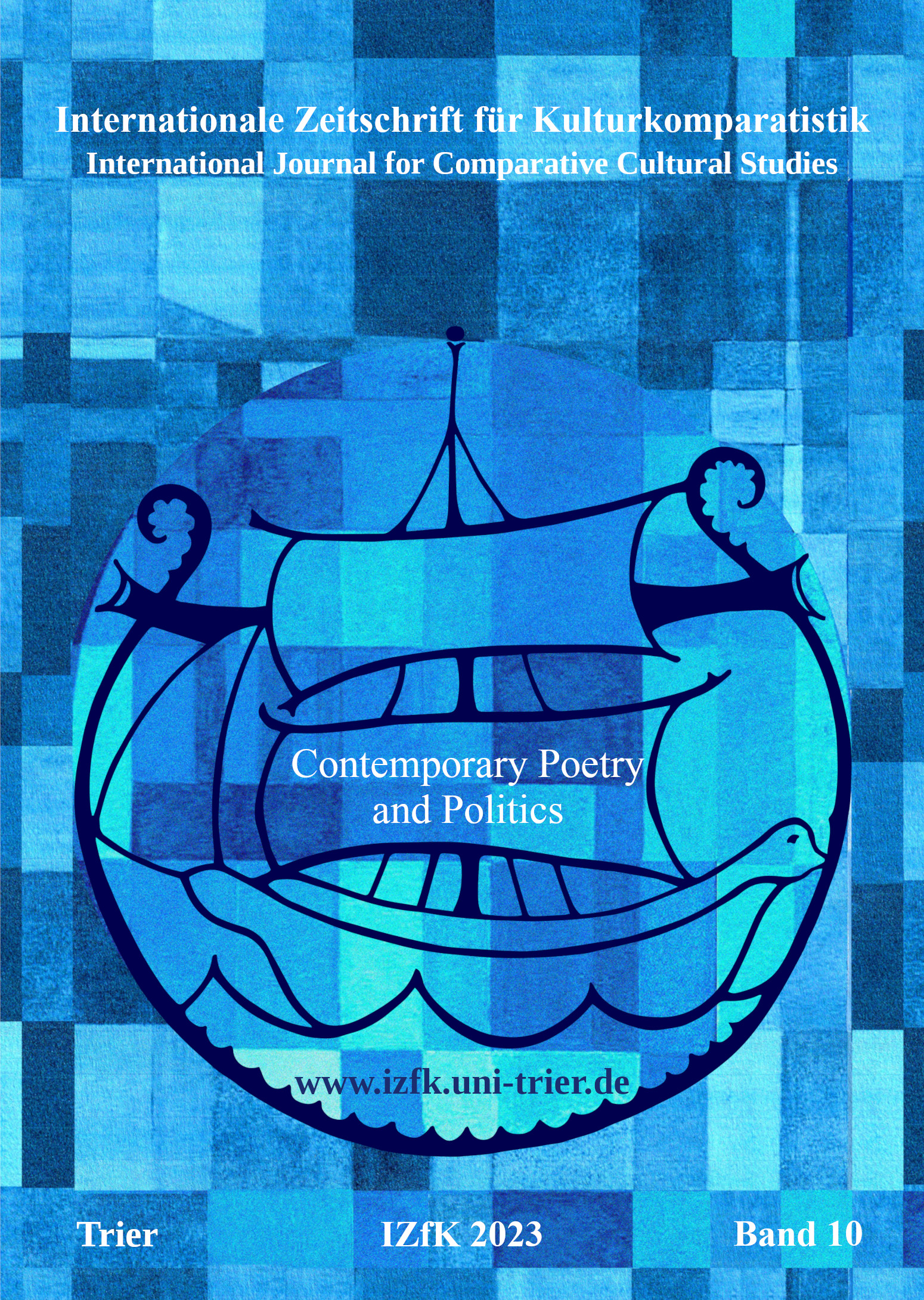Contemporary Japanese Poetry and Politics: An Overview
Main Article Content
Abstract
This study will examine two different types of poetry that can be broadly classified as “political” in an attempt to reach an understanding of the interaction between politics and poetry in modern Japan. The first sampling of poetry will be taken from the Internet and will be amateur verse belonging to such traditional genres of poetry as haiku / senryū and tanka that can be classified as agitprop poetry. The second more substantive sampling will be taken from “professional” poets and will mainly fall into the shi (free verse) category. I will also discuss various literary critics and also thinkers on aesthetics from both Japan and the West to further elucidate the relationship between poetry and politics, to elaborate a broad definition of the political domain appropriate to Japanese verse, and also to investigate the issue of how to read and evaluate poetry as literary art. The study will be divided into five parts: first, the introduction outlining and probing the issues under discussion, next, an examination of Japanese agitprop poetry drawn from the Internet, then a brief interregnum on (literary) theory focusing on two theoreticians, Yoshimoto Takaaki (1924–2012) from Japan and Jonathan Culler (b. 1944) from the West, followed by an investigation of contemporary free verse political poetry, specifically the verse of Minashita Kiryū (b. 1970), Misumi Mizuki (b. 1981), Yotsumoto Yasuhiro (b. 1959), and Arai Takako (b. 1996)
Article Details

This work is licensed under a Creative Commons Attribution 4.0 International License.

